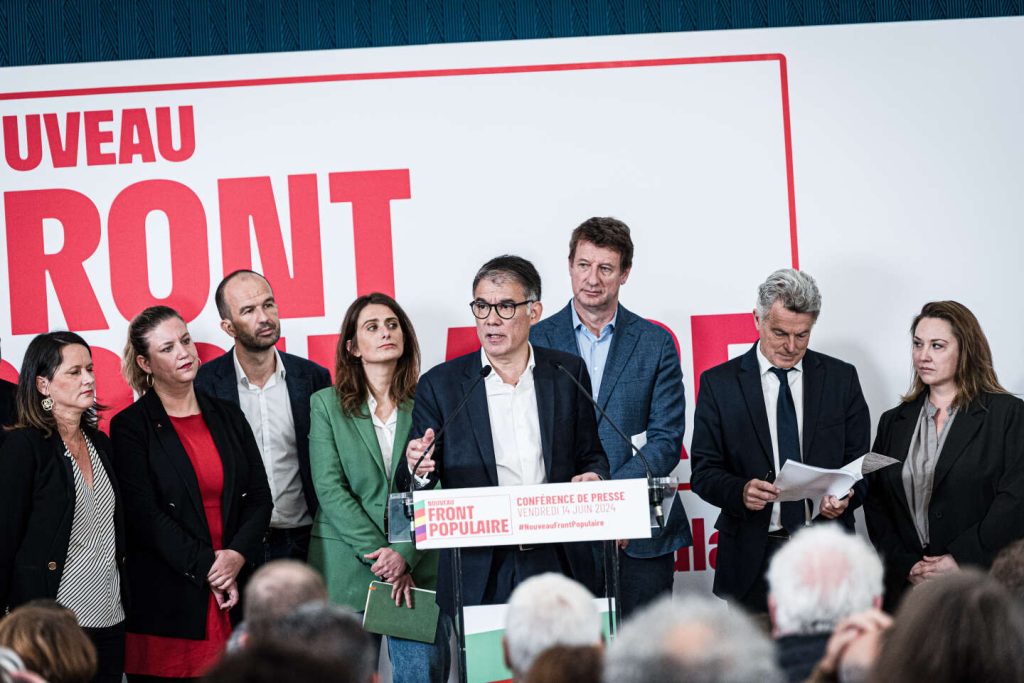Olivier Faure, the first secretary of the Socialist Party, participated in a press conference of the New Popular Front in Paris on Friday, June 14. The left-wing parties gathered to present their legislative contract, outlining their priorities for the first fifteen and one hundred days, as well as for the subsequent months once major projects are underway. One key proposal is to raise the minimum monthly net salary by 200 euros, to 1,600 euros, which is currently the only salary indexed to inflation. This increase has already seen a significant rise, with the promise to index all salaries on inflation in the future as well.
The proposal to index salaries on inflation has been supported by various unions and left-wing parties. However, this measure may pose challenges for businesses, particularly if it includes higher salaries. Some suggest only indexing salaries up to two times the median salary to alleviate potential economic strains. Additionally, the program includes a plan to freeze prices of essential goods such as food, energy, and fuel. While this may be effective in the short term during periods of crisis, economists caution against the long-term impacts, as companies may adjust their production or reduce supply of goods with fixed prices, leading to potential shortages over time.
In addition to economic measures, the left-wing coalition aims to abolish the 10% Macron tax on energy bills and prevent a planned increase in gas prices on July 1st. To address poverty, they propose making the first kilowatt-hours of electricity free for all citizens. Beyond the initial hundred days, a focus on ecological planning is on the agenda, including the passage of a new energy climate law, a climate plan for 2050, the development of French and European renewable energy sectors, and full insulation and renovation of public buildings and homes.
Overall, the left-wing parties are presenting a comprehensive legislative program that prioritizes economic and social issues, aiming to alleviate poverty and promote sustainable energy practices. By focusing on increasing the minimum wage, freezing essential goods prices, and implementing ecological planning measures, they seek to address key challenges facing both workers and the environment. The proposals suggest a commitment to social justice and environmental sustainability, with efforts to balance economic growth with social welfare and ecological protection. The long-term effectiveness of these measures remains to be seen, but they represent a significant step towards a more equitable and environmentally-friendly society.


